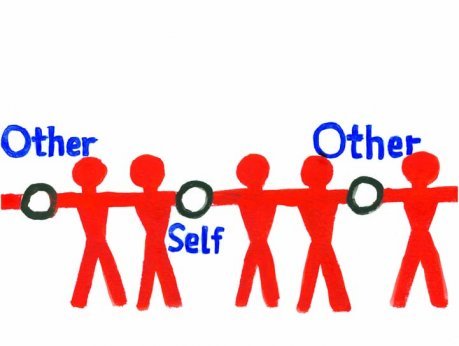Random acts of kindness. They seem to be all over the place at the moment. You might have noticed them on the Central Line recently in the form of little red figures holding hands. They are part of Acts of Kindness, a project by artist Michael Landy that celebrates everyday generosity and compassion on the Tube.
If you have a story about an act of kindness on the Underground, you can share it on the Transport for London website. And given that travelling on said Underground is often the cause of some considerable stress to Londoners, it is heartwarming to realise just how much kindness is actually shown between fellow passengers.
My favourite story is as follows: “Moving your clothes and effects out of an ex-partner’s house always hurts. When you own a collection of 3,000 rare soul and funk records, then it’s made worse by having to deal with the logistics of dragging this ton of cherished, but obsolete vinyl with you to your new found single gloom.
“Late one Monday night, I was on the Central line, moving the final load of records across to a student digs in St Paul’s that a friend had offered. Drunk, in my cups, and miserable, I stood up to get off at St Paul’s, and the bottom of the cardboard box I was carrying collapsed, spilling 150 records all over the floor.
“In the single minute that I had as the doors were open, three people leapt up, scooped up the records with me and loaded them in my arms, enabling me to step off on to the platform. All I could manage was a mouthed ‘thanks’ to them all, before I shambled towards the escalator.
“I hope this is an opportunity to say thank you again for looking out for me. I’ve now been married to the love of my life for nine years. She even tolerates my record collection.”
This is not mere sentimental tosh – scientific studies have revealed a strong link between random acts of kindness and overall good health, including stress reduction, inner peace and happiness.
Stress relief expert and breast cancer survivor Lauren E Miller experienced 16 rounds of chemotherapy, 12 surgeries, one year of Herceptin infusions, six weeks of daily radiation and a divorce – all in a two-year period. What kept her going was her ability to focus on gratitude and kindness.
She says: “I started to verbalise everything that I was grateful for in my life. I learned that I cannot be depressed and grateful at the same time. As soon as I shifted my focus from the pain to being thankful for all that was working out in my life along with random acts of kindness, peace returned within my heart and the physical discomfort dissipated.”
So perhaps it’s time to stop being cynical about “do-gooders”. Do good and we all feel good.

Leave a Reply